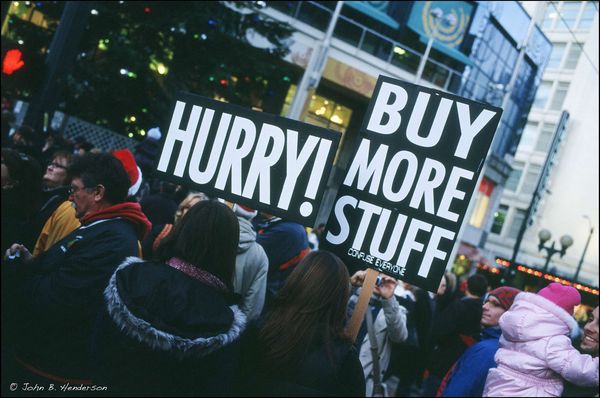Tattoos are becoming more mainstream. Is the negative stigma that surrounds them being dropped? I talked to some students at UNH, who will remain anonymous, and their thoughts on having tattoos in the workforce. I also did some research to see if people in the workforce already have adamant opinions.
On a college campus, like the University of New Hampshire, tattoos are everywhere. “New research finds 23 percent of college students have one to three tattoos, 51 percent are pierced beyond women’s ears and 36 percent of 18-to 29-year-olds have tattoos,” CBS News reports. Tattoos can have a negative stigma: they’re criticized as being unprofessional, rebellious, and can affect a person from getting a job later in life if they are invisible areas. Does this stigma still hold true in this day and age?
“I have three tattoos and three jobs. A huge part of all three jobs is customer service and I have never been asked to cover up my tattoos at work,” Female #1 said. “I do believe that there is a bad stigma around tattoos and people with them, especially in the workplace. Companies are trying to select people that best represent who they are and what they’re all about. But, I absolutely do not think that anyone should be denied a job due to artwork that they have on their body. It is discrimination. Tattoos do not make a person any less qualified for something.”
With social media on the rise, and people longing to love their bodies, tattoos are becoming more mainstream as an expression of who they are.
“I do not have any tattoos, I work at a European café in Massachusetts. I do believe that there is a bad stigma, but that really depends on what job and what tattoo,” Male #1 said. “They shouldn’t be denied [from a job] but it is put into consideration. My boss has a small tattoo in a discreet area, she’s fine with tattoos, but most are covered with clothing somehow, so it is not really brought up or an issue. Tattoos can give you an insight into the person who you are hiring.”
Despite not having tattoos, Male #1 still believes that there is a negative stigma that should not necessarily deny an individual from a job.
“Old stereotypes are being challenged. What seemed very accepted 10 years ago may not be now, Barron said. A lot of younger folks are entering the work force. The standards that have been in place are going to be pushed, and usually the way they’re pushed is through lawsuits,” Fox News reported in an interview with David Barron, an attorney with Epstein Becker Green Wickliff & Hall PC.
While different jobs have different dress codes, the old standards of ‘covering up’ are being challenged.
“I have one tattoo. I am a substitute teacher in Durham NH and have another job back home. I do not have to cover up my tattoo for work. I believe that there is a bad stigma around tattoos, but I also believe that it’s becoming less of an issue as tattoos become more mainstream and accepted,” Female #2 said. “Nobody should be denied a job because they chose to express themselves.”
Even though expressing yourself is never a bad thing, not everyone agrees that all tattoos are good for the work force.
“You wouldn’t want to hire a server for a fancy restaurant with an intimidating face tattoo. You’d rather hire someone who has their loved one’s name rather than a flaming skull.” Male #1 said.



















